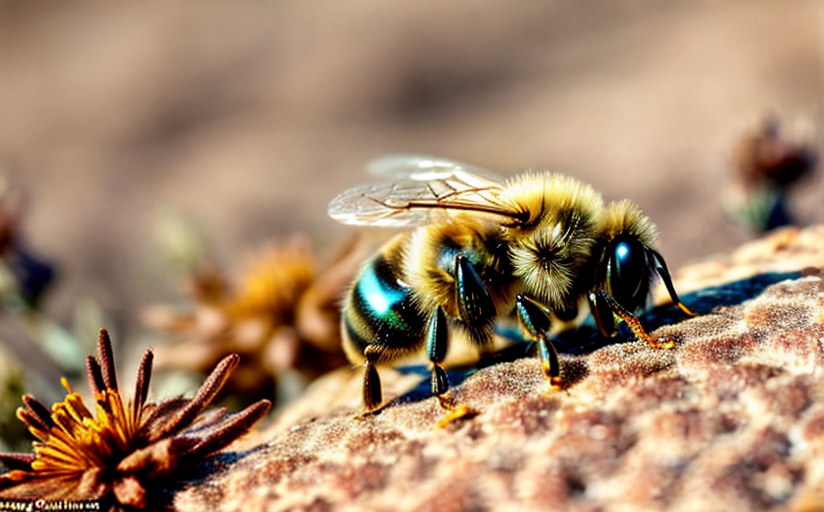The Bee Crisis: Climate Change's Silent Victim and Our Food Chain's Biggest Risk
One international crisis currently unfolding is not one that readily springs to mind when we think of the environment or climate change. This crisis involves one of our planet's smallest yet most crucial creatures - the bees. Bees play a vital role in the eco-system through their pollination activities which significantly contribute to the growth of wild flora and crop food sources. However, evidence suggests that climate change, heralded by rising temperatures and worldwide weather pattern anomalies, could be wreaking havoc on the bee population.
The Symbiotic Relationship Between Bees and Plants
Bees and plants maintain a mutualistic relationship wherein both parties derive essential benefits. Plants require bees for pollination, a process enabling plants to reproduce and produce fruits and seeds. In return, bees collect pollen and nectar from flowers, which they use as food. It’s a classic win-win situation, but the changing climate may be threatening this balance.
Climate Change Impact on Bees and Pollination
Rising global temperatures are causing certain plants to bloom earlier or later than normal, disrupting the synchronization with the bees’ lifecycle. Extreme weather events like droughts and excessive rains can also affect nectar production. These changes put substantial stress on bee populations. Atypical temperature changes can also disrupt hibernation cycles of certain bee species, leading to higher mortality rates.
Global Consequences of Bee Depletion
The potential impact of losing bees cannot be overstated. Of the top 100 crop varieties providing 90% of food worldwide, 71% are pollinated by bees. A decline in bee population translates directly into a significant risk for global food security. Economically, bee pollination contributes billions of dollars annually to the global economy.
Addressing the Crisis - Roles and Responsibilities
What can individuals, societies, and governments do to rectify this pressing issue? Conservation efforts need to concentrate on creating and preserving the environments conducive to the bees’ lifecycle. Individuals and communities can contribute by planting local flowering plants, avoiding pesticides, and supporting local beekeepers. Governments and corporations can invest in research, develop alternative pollination methods, and implement policies encouraging preservation of natural habitats.
Conclusion
In conclusion, the intricate connection between climate change and the bee crisis is an issue that requires urgent focus. Bee extinction poses a significant threat not only to biodiversity but also to our agriculture and food security. Acting collaboratively and proactively can us help mitigate this crisis and underline the importance of maintaining balance in our diverse, complex ecosystem.



















Comments
Leave a Comment